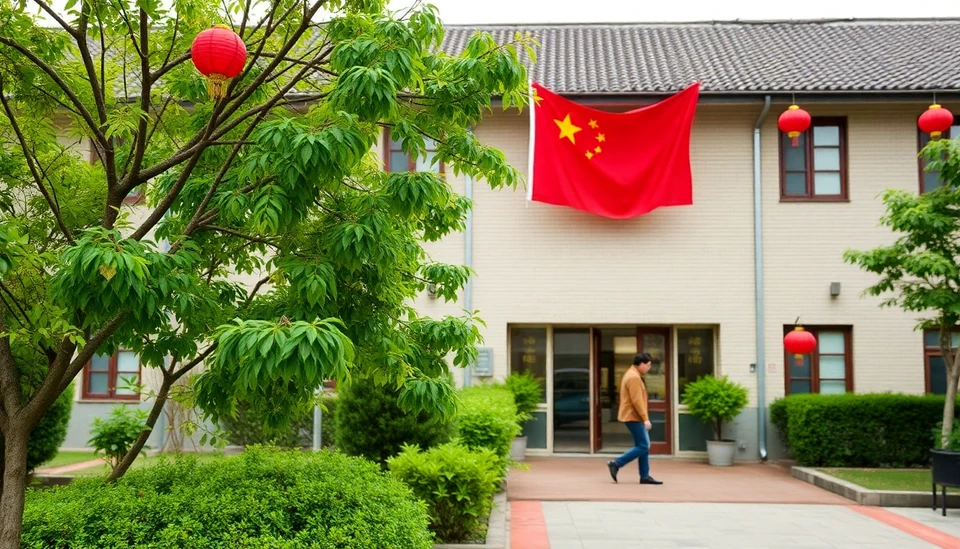
China's housing market slumped further in September, reflecting heightening challenges for the nation's real estate sector ahead of newly announced stimulus measures. The latest data showed far weaker property sales readings than had been forecast for the month, adding to concerns over stability and growth in one of the world's largest economies.
The decline in home sales exceeded estimates, notching up some ominous signs for many developers already struggling with debt and liquidity issues, according to Bloomberg. September is viewed as a crucial window for house sales in China, often described as the "golden" month because of the high volume of transactions.
This is part of a more general slowing down of the Chinese economy, beset by many pressures both from the domestic and international fronts. Real estate has been a bedrock for growth in China over the past two decades, accounting for nearly a third of the nation's GDP. Thus, if property sales continue to show a slump, this may have profound implications for economic trajectories within China and globally.
In an attempt to stabilize the market and restore investor confidence, Chinese authorities are readying a package of stimulus measures to boost demand for properties and ensure liquidity for developers in disarray. The measures would include financial relief, relaxation on certain purchasing restrictions, and support on the refinancing of existing debts, among others. Market participants will be closely watching to what extent these interventions could reverse the current downtrend.
This downturn in the property market comes at a time when China's broader economy is indeed dealing with other important challenges, such as increased trade tensions between the United States and China, a slowing manufacturing sector, and ongoing repercussions from the COVID-19 pandemic. The cumulating crises might make the implementation of new stimulus measures complicated and less effective.
Economists and analysts, however, remain conservative in their outlook, stressing that such measures would bring temporary ease to the sector and structural reforms may be necessary for the ills that have taken root in China's property market. Indeed, consensus has emerged that broad-based recovery will call for comprehensive strategies beyond mere monetary stimulus.
Adding to this complication is the reaction from global investors, most of whom are wary of the long-term viability of the debt-laden real estate sector in China. The financial frailty of Chinese property developers is being closely watched, with the associated risk of defaults that will affect not only the domestic market but also international financial systems.
The next couple of months are crucial for China's housing market. From developers to government agencies, from local buyers to foreign investors, everyone waits with bated breath for the implementation and, more importantly, the effect of the forthcoming stimulus measures. Arguably, it is their effective intervention that may spell the difference in the direction of the economic recovery of China and, by extension, that of the world.
#China #RealEstate #HousingMarket #PropertySales #EconomicStimulus #DebtCrisis #Developers #GlobalEconomy #GDP #TradingTensions #Manufacturing #COVID19Impact #FinancialMarkets #InvestorConfidence #StructuralReforms #EconomicRecovery
Author: Samuel Brooks




